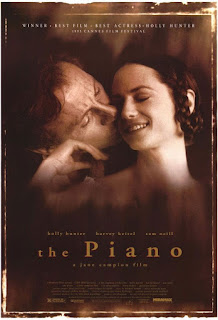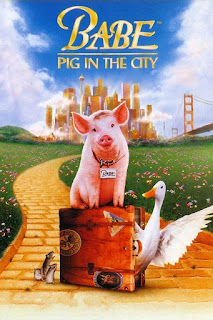February 2nd: IN THE MOOD FOR LOVE (Wong Kar-Wai, 2000)
In 1960s Hong Kong, two neighbors grow closer when they discover their spouses are being unfaithful.
Wong Kar-Wai is one of the most praised voices of late 20th century cinema, emerging from the action-heavy Hong Kong film scene to forge his own brand of introspective impressionism. After a decade that saw him blending his style with romantic comedy, wuxia, and neo-noir, Wong triumphed at Cannes with the Argentina-set Happy Together, which won him a Best Direction award.
The next project, despite its intimacy, would turn out to be his most protracted to date. Planning to shoot in mainland China for the first time, with a working title for his project called "Summer In Beijing", Wong was able to get two of his veteran collaborators on board, actors Tony Leung and Maggie Cheung. Originally planned as a triptych of stories and with some form of musical envisioned, Wong soon zeroed in on one specific section titled "A Story Of Food".
When the government demanded seeing the script before filming commenced, Wong made the decision to return to Hong Kong for more freedom, and nostalgia came calling again as he moved the action of his story from the present day back to the 1960s of his childhood. Because of how much Hong Kong had changed, a significant part of the shoot was done in Bangkok, Thailand, with additional scenes in Singapore and Angkor Wat in Cambodia.
In their seventh film together, Wong worked with Australian expatriate cinematographer Christopher Doyle, whose imagery was a huge hallmark of their work. Also returning was key collaborator William Chang, who not only designed the sets and costumes (with over 45 dresses for Cheung alone), but also served as film editor.
Filming took over 15 months to complete, with Wong favoring improvisation between his lead actors even more than before, altering the story as they went along. Because the two had appeared in Wong's earlier film Days Of Being Wild, he envisioned this as a loose continuation of their previous storylines (and would expand them even further with his next film 2046). Doyle eventually left the shoot for prior commitments, to be replaced by veteran Mark Lee Ping Bin.
Wong spent another long period of time editing the film, including various reshoots, and slowly distilled the material to its more intimate elements, removing subplots and tangents. It was accepted into the competition at the Cannes Film Festival, but Wong was still tinkering with his final cut up to a week before the premiere. It won Leung the Best Actor award, as well as a technical prize for Doyle, Ping Bing, and Chang. The film also won Best Foreign Film honors in various countries around the world. Various polls have named it one of the best films of the 2000s decade.
Running time is approx. 90 minutes.










Comments
Post a Comment